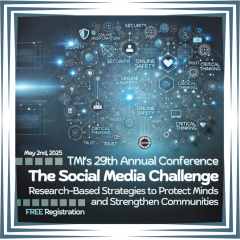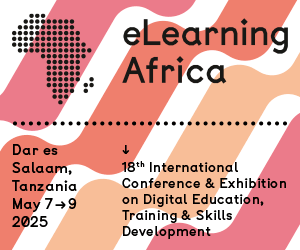Open Educational Practices Lead to Quality in Education
 Milton Keynes (UK), July 2010 - There is an inherent connection between opening educational practices and quality of education. In the recent debates about the quality of OER and eLearning content in general, a structural problem becomes apparent. In many approaches, educational resources are evaluated and judged separately from their intended use, e.g. through certification or criteria-based approaches.
Milton Keynes (UK), July 2010 - There is an inherent connection between opening educational practices and quality of education. In the recent debates about the quality of OER and eLearning content in general, a structural problem becomes apparent. In many approaches, educational resources are evaluated and judged separately from their intended use, e.g. through certification or criteria-based approaches.
In these cases, learners and teachers are excluded from quality judgments because quality is seen as a characteristic of the content/ resource and not the educational experience - learners and teachers are separated from the educational context of practice. The fact that quality is not a fixed or stable characteristic of an educational resource is overlooked. In reality, the quality of the resource only has any real meaning when considered in context, i.e. in the situation where a resource is employed in a specific context through a specific learner or teacher.
Quality in such an understanding is constituted as a relation between a specific resource or a concrete offer and the way it is used, perceived, and valued through interaction in an educational context. Education in this sense is the result of interaction among learners, teachers, resources, and other elements of an educational scenario in a specific context. Quality is thus a very specific phenomenon, depending on many influencing factors that - if not taken into account - lead to a restricted view. Quality can only be assigned to a specific and defined context.
The practice of evaluating quality up front or assigning a certain level of quality to a resource disconnected from its educational practice is counterproductive. Further, it is not possible to define overarching quality criteria for educational quality that guarantee high quality without regarding the context of a learning environment.
However, despite this, the current practice of evaluating and assuring quality is often dominated by instrumental and objectivist quality concepts. Quality is not an objective characteristic of a learning resource or a service, but is constituted as a specific characteristic of a context that - in turn - is formed through the personal, organizational, social, and structural interaction of the stakeholders involved.
Open educational practices go beyond the state of availability of resources. Open educational practices are practices in which a portfolio of educational and pedagogical processes is configured in such a way that available open educational resources are used to move from a limiting instructional paradigm of education to a liberating one.
In the former, learners are seen as the receivers of information and knowledge, and resources are used to inform them about things they do not know. In the latter, the knowledge is freely available, and teachers and learners strive collaboratively to learn how to navigate in a professional domain, ask the right questions, and assess the suitability of materials for the respective array of problems.
Learners are then not only receivers but also creators of knowledge and resources. These they collect from the resources available on the net and elsewhere and assemble them into personal knowledge spaces, modify them into their own knowledge portfolios, and share them with other learners.
Validation of knowledge is key in such scenarios. It is not, however, easy to achieve because the sole paradigm of right and wrong is no longer only the fixed curriculum. Rather, it is the problem to be solved that the learners and facilitators jointly defined at the outset of their professionalisation process.
Validation is a process of peer review, reflection, and bench learning in which learners and facilitators alike reflect on the suitability and usefulness of the knowledge, skills, and attitudes acquired. Validation comes more from peers and external actors in the form of reviews and peer-reflections than from a "fixed check" against a standard portfolio.
To avoid misunderstandings, it is important to stress that open educational practices do not neglect the importance of the availability of good resources. In fact, they aim at higher levels of the ladder of reproduction/ understanding - connecting information - application of knowledge - competence action - and responsible behavior.
Open educational practices thus inherently include "quality" because they target educational practices instead of single resources or knowledge nuggets and their quality - in the sense of learning objects. They target innovation because the call is for a change of pedagogical interactions toward social practices.
The OPAL project is coordinated by the University Duisburg-Essen, Germany.
Extracted from Conole, G.C., Ehlers, U.D. (2010): Open Educational Practices: Unleashing the Power of OER. Paper presented to the UNESCO Workshop on OER in Windhoek, Namibia in 2010.
Read the full paper
Interested in the use of Open Educational Resources? EFQUEL recommends participating in the workshop on Open Educational Resources and User Generated Content on 08 September (free of charge) and as well in the Parallel Session on Open Educational Practices, which is taking place within the EFQUEL Innovation Forum 2010.










